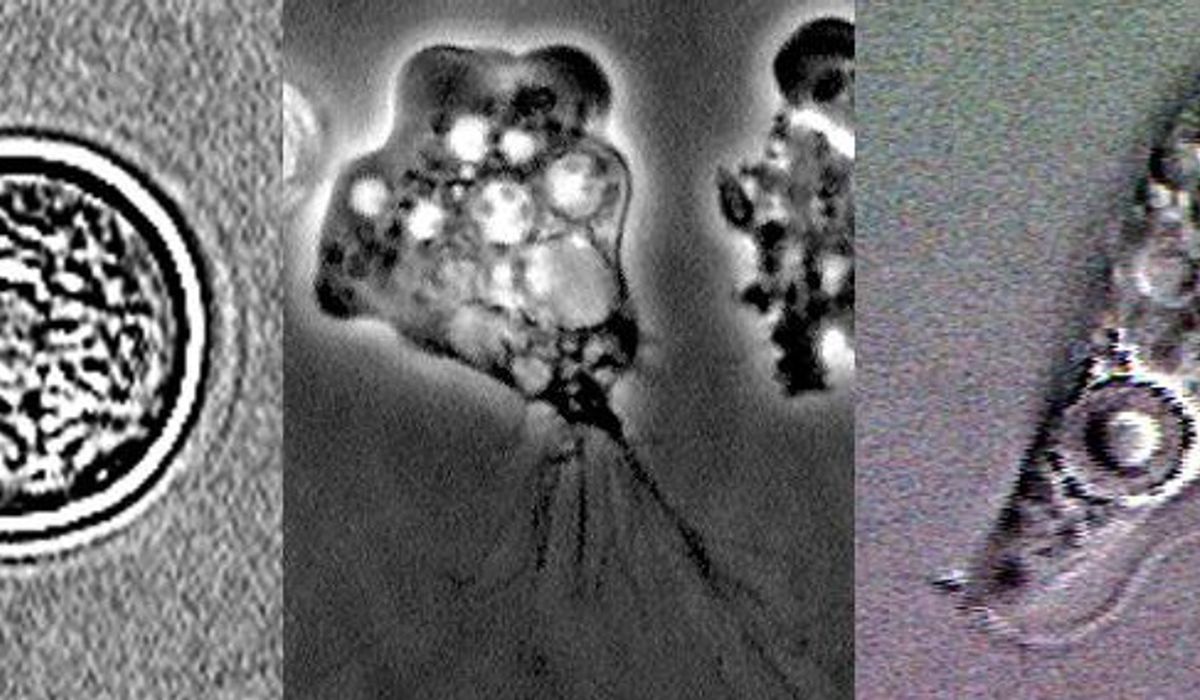


Officials at a Columbia, South Carolina, children’s hospital confirmed Tuesday that a patient there recently died due to the brain-eating amoeba Naegleria fowleri.
Prisma Health Children’s Hospital said the patient died from primary amebic meningoencephalitis, a brain infection caused by the amoeba, according to CBS News. No other details were provided regarding the victim’s identity or their infection.
The South Carolina Department of Public Health said it confirmed the case the week of July 7, and that the amoeba is commonly found in lakes, ponds and rivers, according to Columbia’s WIS-TV. The amoeba travels up the nose and from there infects the brain.
State health officials told CBS News that the case was the first in South Carolina since 2016 and that the victim was likely infected at the state’s Lake Murray.
“We don’t generally provide updates to the public on this particular organism. This is not a reportable condition … because there are no public health interventions that we can do to address this naturally occurring organism that is found widely in the environment,” South Carolina state Epidemiologist Dr. Linda Bell told WIS-TV.
State health officials say on their website that people should assume the amoeba could be present in warm bodies of freshwater nationwide. The best ways to avoid infection are either staying out of the water, shutting or clipping your nose or keeping it above water, and not stirring up sediment within bodies of warm fresh water.
Naegleria fowleri infection causes symptoms including headache, fever, nausea, vomiting and a stiff neck at first, progressing to hallucinations, seizures, confusion, lack of attention and loss of balance.
Around 95% of people infected by Naegleria fowleri die, and there is no known cure to the infection, South Carolina health officials said.
Between 1962 and 2024, only four of 167 reported primary amebic meningoencephalitis survived their bout with it, according to the Centers for Disease Control and Prevention.
• Brad Matthews can be reached at bmatthews@washingtontimes.com.
